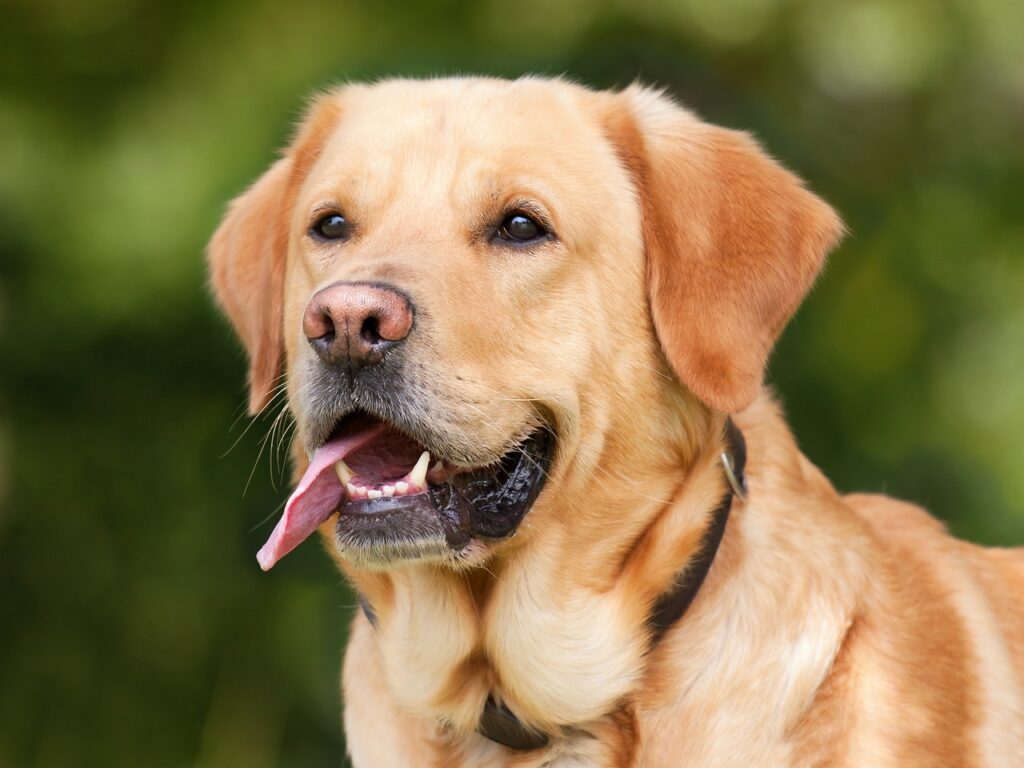Can Dogs Eat Olives? – Yes, They can
Yes, dogs can eat olives in moderation, but it’s important to understand some precautions. Olives are not toxic to dogs; however, they are high in sodium and fat, which are two elements that should be offered in controlled amounts. Olive pits should be removed to prevent choking or tooth damage, and olives should never be served with any added ingredients like garlic or onion which are harmful to dogs. Plain, pitted, unsalted olives are the best option if you wish to share this snack with your four-legged friend.
Can Puppies Eat Olives?
No, puppies should generally not eat olives. Puppies have delicate digestive systems and giving them olives, which are high in fat and salt, can upset their stomach. Additionally, the risk of choking on an olive pit is even higher in puppies than in adult dogs. Therefore, it’s best to avoid giving olives to pups.
Things to consider when feeding olives to puppies?
Feeding puppies olives isn’t recommended. If you decide to give olives to your older puppy, ensure they are pitted and chopped into small pieces to mitigate the risk of choking. Monitoring your puppy closely after offering a small piece of olive is necessary, and any sign of digestive upset should be taken seriously, with a vet consulted if necessary.
Nutritional Benefits of Olives for Dogs – Why Dogs can have Olives
Healthy Fats
Olives contain monounsaturated fats, mainly oleic acid, which can be beneficial for your dog’s coat and skin health. These healthy fats may also support cardiovascular wellness in dogs, much like they do in humans.
Vitamins and Minerals
Olives provide various vitamins and minerals, including Vitamin E, iron, and copper, that support overall health in dogs, aiding in functions such as the immune and nervous systems.
Antioxidant Properties
The antioxidants found in olives, such as hydroxytyrosol, have the potential to protect dogs’ cells from damage caused by free radicals, potentially reducing the risk of chronic diseases.
Dietary Fiber
A small amount of dietary fiber in olives can help with digestive health, though care must be taken not to provide too much due to their high-fat content.
Low Calorie
When offered in moderation, olives can be a low-calorie treat that can satisfy a dog’s taste without contributing to weight gain.
Potential Allergies: Can Dogs Be Allergic to Olives?
While rare, dogs can be allergic to any type of food, including olives. If your dog has never had olives before, start with a small amount and monitor for any adverse reactions.
Symptoms of Olive Allergies in Dogs
- Vomiting or Diarrhea: Look for signs of gastrointestinal distress.
- Skin Irritation: Check for itching, redness, or rashes on the skin.
- Respiratory Issues: Difficulty breathing may indicate an allergic reaction.
What to Do If Your Dog Shows Symptoms?
- Contact Your Vet: If your dog shows any signs of an allergic reaction, seek professional advice immediately.
- Eradicate Olives from Diet: Remove olives from your dog’s diet to see if symptoms improve, confirming the allergy.
- Administer Prescribed Medication: Only give your dog medication that’s been prescribed by a vet to treat allergy symptoms.
Recommended Amount: How Much Olives Can a Dog Consume?
Due to their high fat and sodium content, olives should be considered an occasional treat rather than a regular part of a dog’s diet. A general guideline would be to offer no more than one or two olives at a time, and less for smaller dog breeds.
Things to Consider When Feeding Olives to Dogs
Always opt for plain, unsalted, pitted olives and offer them in moderation to avoid digestive issues or obesity. Be aware of the signs of choking and consult with a vet if you’re unsure about introducing olives to your dog’s diet.
How to Feed Olives to Dogs: A Quick Guide
Consider olives as a special treat for your pet. They should be given sparingly and always prepared correctly to ensure they are safe for your dog to consume.
Simple Olive Treat
Wash a plain, pitted olive and chop it into small pieces. Mix the pieces into your dog’s usual food for an occasional special reward.
Olive Oil Drizzle
A small drizzle of extra virgin olive oil over your dog’s dinner can provide some of the same healthy fats found in whole olives without the need to offer the actual fruit.
Frozen Olive Snacks
Create a simple frozen treat by placing chopped pitted olives in an ice cube tray with low-sodium broth and freeze. Offer these sparingly during hot weather for a refreshing snack.
Conclusion
To sum up, while dogs can eat olives, it should be done with care and in moderation. Puppies and dogs with health issues like obesity or heart disease should avoid them. If you decide to feed your dog olives, ensure they are plain and pitted. Always watch out for any signs of allergies and consult with your vet when in doubt. With the right preparations and precautions, olives can be a tasty, occasional treat for your furry friend.



